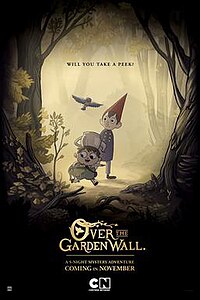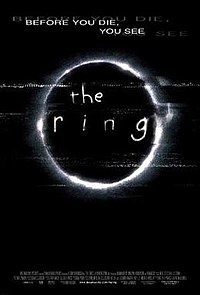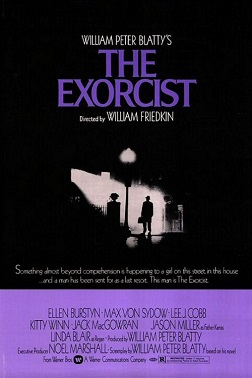Lists
















22 Books
Fav Books
Sort by:
Recent Desc
More lists by Jokelly 6

Books to read
List includes: Rebecca
April 2021
0
@sarahjok528



Games To Play
List includes: Resident Evil, Dead Space, The Last of Us
April 2021
0
@sarahjok528



Fave Games
List includes: Call of Duty: Black Ops, Five Nights at Freddy's, Layers of Fear
April 2021
0
@sarahjok528



Fave Podcasts
List includes: The Black Tapes, We're Alive, Blackout
April 2021
0
@sarahjok528



Thriller
List includes: When They Cry, Gravity Falls, Over the Garden Wall
April 2021
0
@sarahjok528



Watch-later
List includes: The Ring, The X-Files, Hannibal
April 2021
0
@sarahjok528



Horror
List includes: The Shining, The Sixth Sense, The Exorcist
April 2021
0
@sarahjok528



Animated Mystery Thrillers
List includes: adventure time with finn & jake, Gravity Falls, Steven Universe
April 2021
0
@sarahjok528

Space
List includes: Interstellar
April 2021
0
@sarahjok528